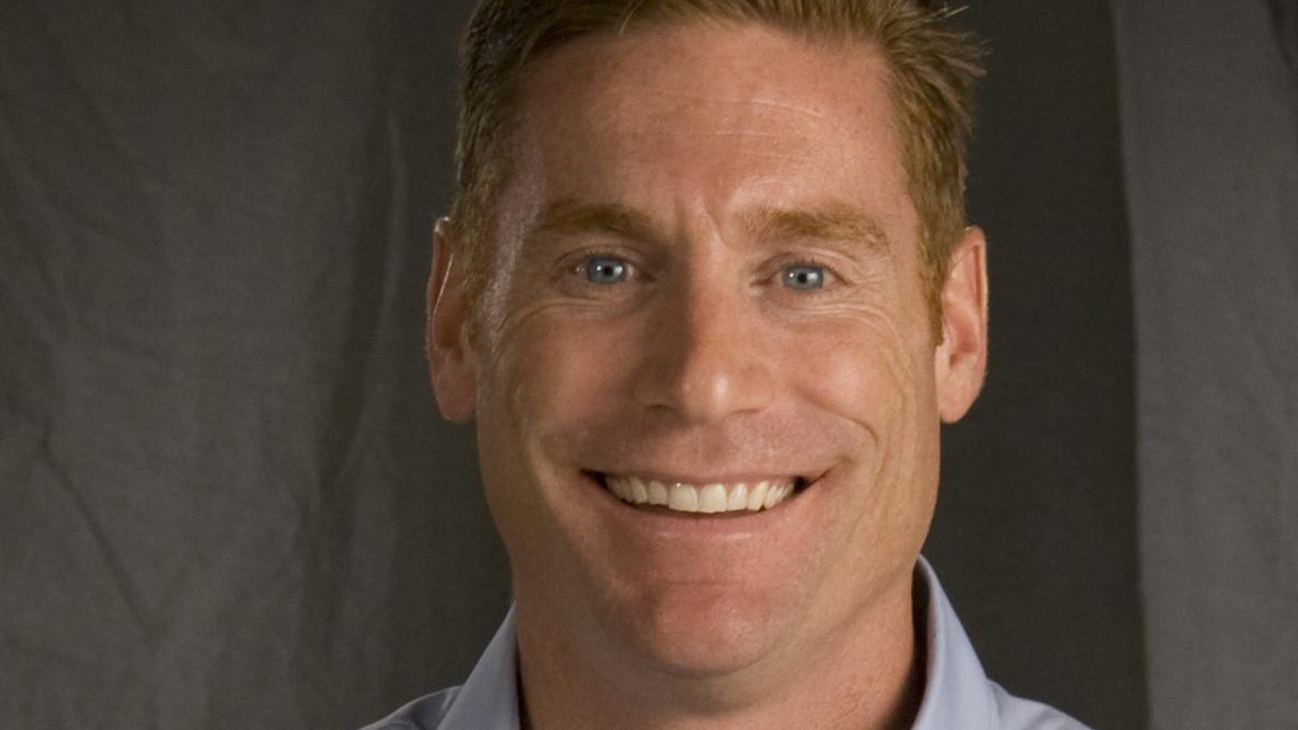While serving as the Director of Mental Training for the St. Louis Cardinals, Dr. Jason Selk helped the team win their first World Series in over 20 years, and in 2011 he assisted the Cardinals in the historic feat of winning their second World Championship in a six year period. Considered to be one of the nation’s premier performance coaches, Dr. Selk helps numerous well-known professional and Olympic athletes as well as Fortune 500 and Fortune 100 executives and organizations develop the mental toughness necessary for high-level success. In this recent column for Inc.com, Dr. Selk examines the unfortunate reality about the workplace–that too many people under-perform their capabilities–and they have all kinds of excuses to explain why:
The unfortunate reality about the workplace today is that many people under-perform their capabilities. If you took a survey, you’d hear a lot of reasons and explanations for this.
We don’t have enough staff. I’m too tired. The work is too difficult. I’m being unfairly treated. This job doesn’t use all of my skills. They don’t appreciate me. They’re taking advantage of me. I’m bored. If only I got the same break he got, or she got.
If only…
Some of those “reasons” for under-performance are particularly dangerous because they carry the veneer of what I call “the viable excuse.” The viable excuse is a piece of information that comes disguised something reasonable and understandable–which makes it extremely easy to give in to it and accept it as your “normal.”
I was meeting with a potential client in my office in St. Louis, and we were scheduled to wrap up at 4:45. That morning, I had told my wife I would be able to pick something up for her on my way home, so we’d have it for a family get-together at 6. The meeting was extremely productive, and we ended up talking longer than I had planned– and the potential client became a real, long-term client. Unfortunately, it also meant I was late getting home, and I couldn’t make the stop my wife needed.
Walking in the door, it would have been simple to use my viable excuse–that I was delayed because I was closing the deal with an important client. It was true, and it was reasonable. And it was familiar. I can’t tell you how many times I’ve heard clients say, “I’m not making any excuses, but let me tell you why I couldn’t get that done…” And the reason could be an injury, or a family emergency, or any number of other issues that pop up in real life.
But the only right answer is to learn how to be completely accountable for what you do–and don’t do. When you accept that accountability, and are willing to live a no excuses life, you’re creating a powerful internal dynamic.
Instead of being externally motivated by what is happening around you, you’ve become internally motivated. You learn how to believe in yourself and hold yourself to set of standards. You’ll want to be great, and that want will strong enough that it will push you to stay accountable to yourself and to others.
Does that mean you’ll never make a mistake, or fail to keep a commitment? Of course not. We’re all human, and life happens.
When I walked in the door, I said to my wife, “I’m sorry I was late and couldn’t pick up the supplies. No excuses.” Knowing that I didn’t keep up my end of the bargain (and that I made life harder for my wife) was the strong motivator for me to get it right the next time–and it showed my wife that I understood her time deserved as much respect as mine.
Operating this way, with a true “no excuses” mentality, certainly takes some fortitude, and you’ll probably be apologizing more than you’re used to. But just the act of setting the bar higher for yourself will improve your performance, and it will remind you that you’re the one in control of your thoughts, goals and actions.
It’s worth the effort.

